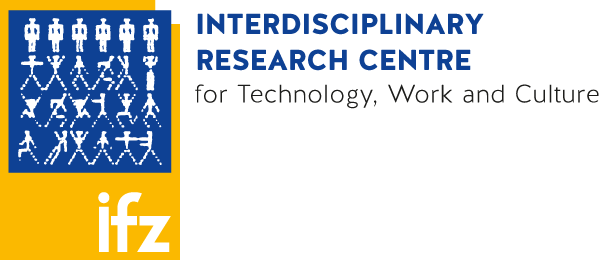Food Systems
In our projects we analyse systems, that can enable sustainable and social just food supply. Innovative agricultural networks and sustainable food systems are researched transdisciplinary, respectively with an RRI approach (Responsible Research and Innovation) in regional, national and international projects. Hence, relevant stakeholders (like actors from civic society, agriculture, alternative food scene, companies, administration and politics) are integrated early in the research process to work on solutions together.
For more information, please contact Sandra Karner.
Research Topic
